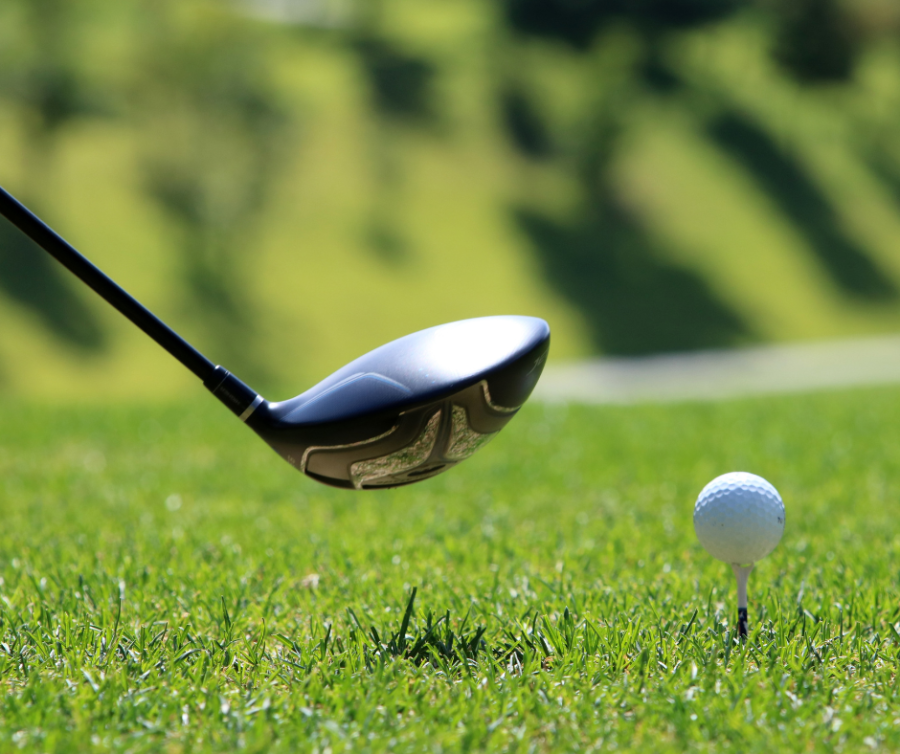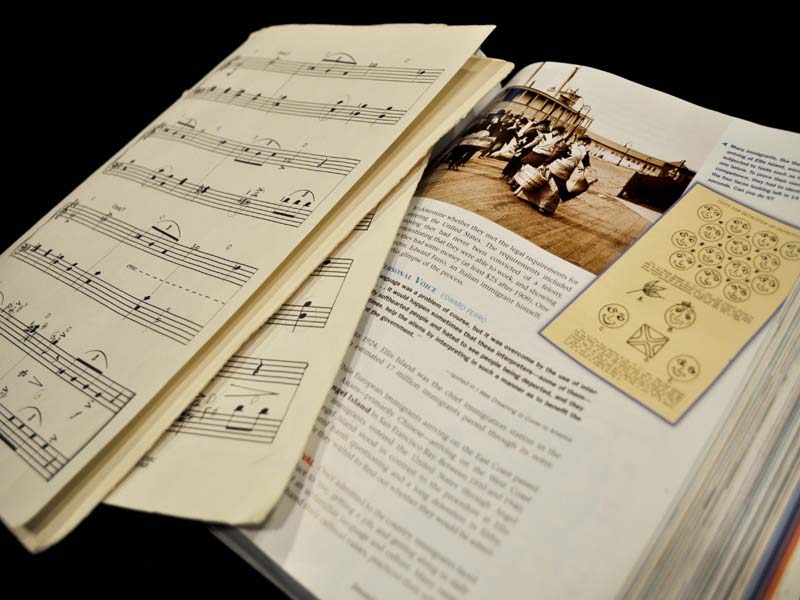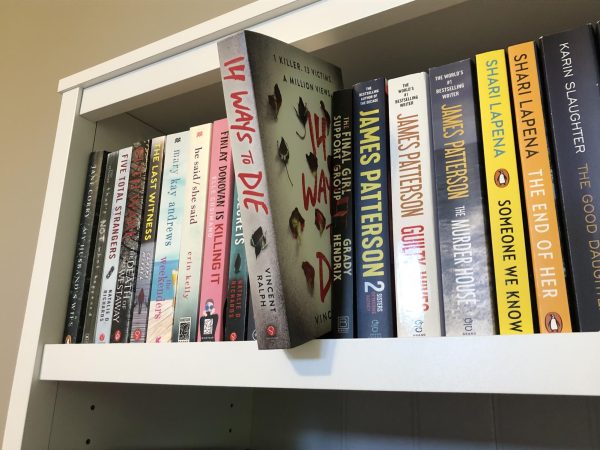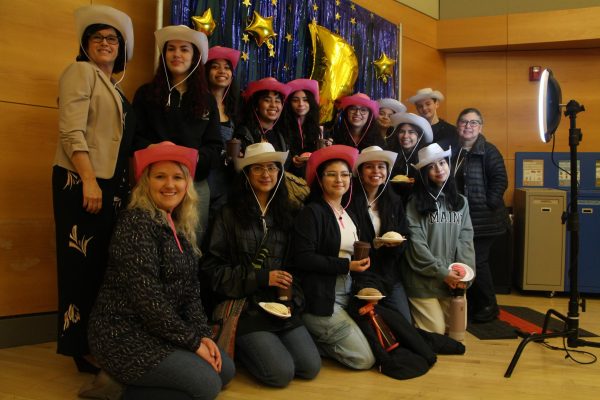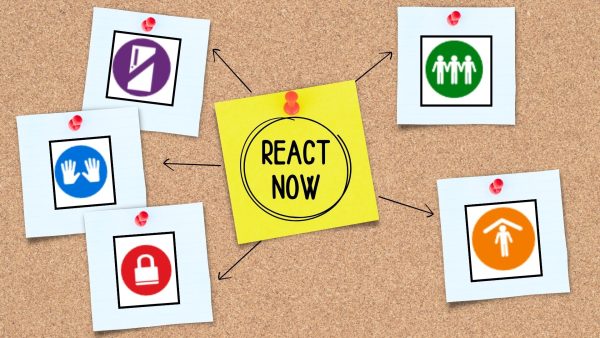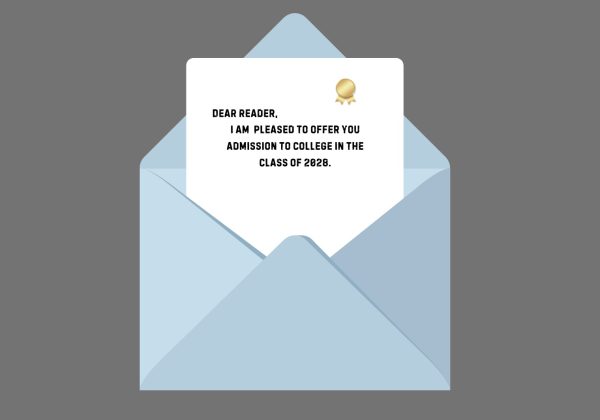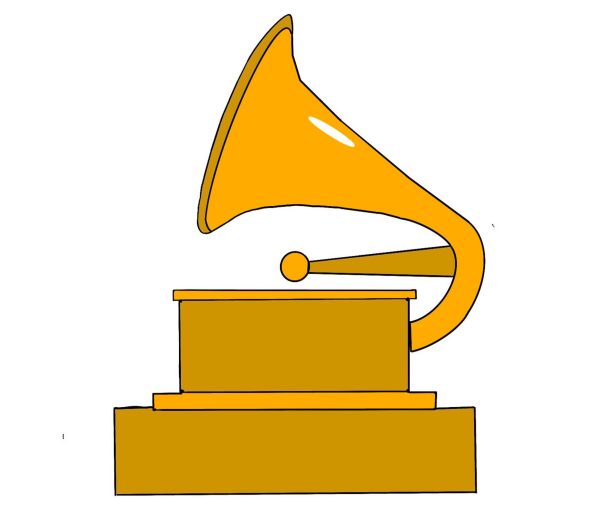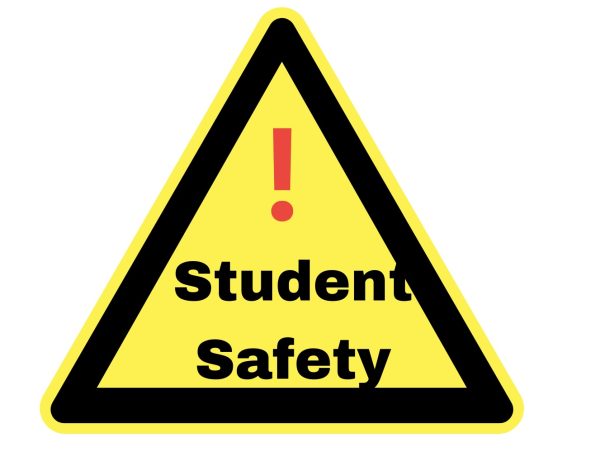Correspondence between academics and music
Playing an instrument as a child can really pay off. In fact it is considered one of the most beneficial skills a person can learn. Not many people realize the advantages to playing an instrument. Most people stop playing an instrument by the time they are in high school to focus on their sports or studies. They fail to realize that playing an instrument actually enhances their studies.
According to research by Advance Cognitive Psychology, “playing an instrument can positively impact cogitative functions in numerous ways.” Even just listening to classical music when studying has been proven to raise verbal and non-verbal IQ scores and it also improves vocabulary, spelling and reasoning abilities, mathematic skills and helps with language abilities according to Advance Cognitive Psychology.
“The arts are the only thing that keeps us human in this technology-driven world,” Kevin Egan, orchestra and band teacher, said.
“For college freshmen, a history of playing music regularly as children and teenagers had ‘small but significant’ associations with IQ, perceptual organization, working memory and average high school grades,” according to the American Psychological Association.
Playing an instrument makes your brain focus more and make it easier to remember things. A study on the correspondence between grades and playing an instrument by the American Psychological Association found that each additional month of music lessons taken by children resulted in an increase in IQ of 1/6 of a point. The children with six years of lessons were associated with an increase in IQ of 7.5 points, compared with children who did not have the same amount of musical instruction.
“If you look at studies people who play instruments, and participate in the preforming arts have an increased SAT score,” Egan said.
Overall, playing an instrument provides many benefits throughout your lifespan. “In early childhood there seems to be benefits for the development of perceptual skills which affect learning language subsequently impacting on literacy which is also enhanced by opportunities to develop rhythmic co-ordination,” Susan Hallam, Institute of Education for the University of London said. Fine motor co-ordination is also improved through learning to play an instrument.
“Music also improves spatial reasoning, one aspect of general intelligence which is related to some of the skills required in mathematics,” Hallam, said.
Students that enjoy music should start playing an instrument. You will be surprised at how much it helps increase your focus with school. If you have no interest in playing, simply listening to classical music while you are studying will help.
Your donation will support the student journalists of West Linn High School. Your contribution will allow us to continue to produce quality content by purchasing equipment, software, and continuing to host our website on School Newspapers Online (SNO).

If you asked Nicole Joerger, senior, what her greatest passion in life was a few months ago, the answer might have been simpler. For Joerger, dance was...

When she's not capturing touchdowns on the football field, or catching fly balls on the diamond, Brittany Park, senior can be found solving the latest...
























![Game, set, and match. Corbin Atchley, sophomore, high fives Sanam Sidhu, freshman, after a rally with other club members. “I just joined [the club],” Sidhu said. “[I heard about it] on Instagram, they always post about it, I’ve been wanting to come. My parents used to play [net sports] too and they taught us, and then I learned from my brother.”](https://wlhsnow.com/wp-content/uploads/2024/03/MG_7715-2-1200x800.jpg)
![At the bottom of the third inning, the Lions are still scoreless. Rowe stands at home plate, preparing to bat, while Vandenbrink stands off to the side as the next batter up. Despite having the bases loaded, the team was unable to score any runs. “It’s just the beginning of the season. We’re just going to be playing out best by June, [and] that’s where champions are,” Rowe said.](https://wlhsnow.com/wp-content/uploads/2024/03/IMG_3077-1200x900.jpg)






![The teams prepare to start another play with just a few minutes left in the first half. The Lions were in the lead at halftime with a score of 27-0. At half time, the team went back to the locker rooms. “[We ate] orange slices,” Malos said. “[Then] our team came out and got the win.”](https://wlhsnow.com/wp-content/uploads/2023/10/IMG_2385-1200x800.jpg)































































